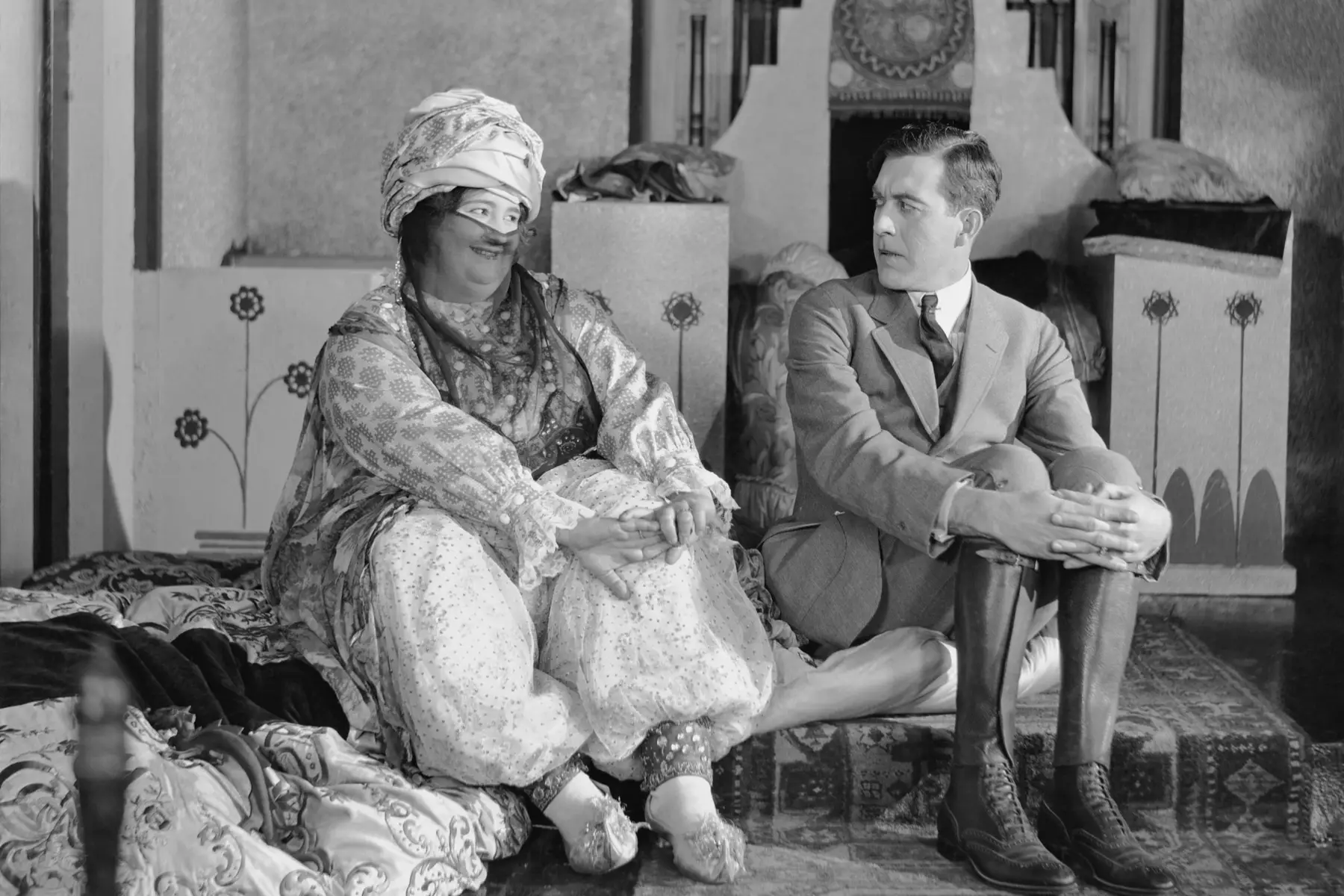Gaining people’s trust and enjoying fruitful working relationships differs from culture to culture. In high-speed, high-tech environments, it’s normal for start-ups to grow extremely fast. As a result, teams grow quickly and become more international, which can lead to misunderstandings of cultural differences in the workplace.
Understanding and recognizing cultural differences at work is key to successfully managing an international team in a globalized economy. Managing these cultural differences poorly can lead to a negative working environment rife with miscommunication.
It’s therefore imperative to recognize cultural differences at work; that way, colleagues can avoid taking a simple misunderstanding to heart. Misunderstandings occur daily when they’re nothing more than examples of different cultures coming together in the workplace.
Resume.io
Trying to land the job that will take you on your next big adventure? Make sure your application is top of the pile with Resume.io’s online resume builder. They provide resume templates, cover letter help, and more, making job applications effortless. Make it to the next round with Resume.io.
Conducting meetings and making decisions
Culture is often at the heart of any struggle that expat workers experience. When you’re in a meeting with people that have different perspectives, it’s hard to know who speaks when and says what.
Some cultures have an egalitarian organizational structure (like the Dutch), meaning that people across all levels can say their piece. It’s an open and fair way of discussing matters where everyone has their say – but, of course, it can take a while.
Others (like the French) have a hierarchical organizational structure, where you’ll find people tend to hang back, keep quiet, and wait their turn until the most senior person speaks. It’s a civilized way of meeting, but it can hold people back and, in turn, few end up contributing to the discussion.

It’s important that expats don’t confuse either stance with being right or wrong. One way to facilitate meetings where there might be cultural misunderstanding is to have a moderator that understands both perspectives. This ensures that everyone has a turn to voice their opinion. Plus, everyone knows what’s expected, keeping the meeting fair and equal across the board.
The entire process of decision-making also varies greatly from culture to culture.
In the Netherlands, you’ll often find everyone on all levels from CEO to office junior has their say. This is welcoming but can be delay conclusions, as everyone must contribute equally to the discussion.
In France, it’s much more common for everyone to wait for opinions from the most senior person in the room. If the superior makes the decision early on though, this can lead to decisions being made autonomously, people holding back, and an authoritarian atmosphere ensues.
How cultural differences affect professional interactions
Different people from different cultures use different communication styles. You may be the type of person who gets right to the point. However, your colleague might take a more circular approach, taking longer to say what needs to be said. A well-known book (The Culture Map by Erin Meyer) is now used by many companies in teaching their employees to navigate the different cultural approaches within multinational organizations. There are many factors that contribute to cultural differences at work: ethnic or racial background, gender bias, age, and educational background.
You’ll even find the simplest of tasks are carried out differently across the world. Take, for example, something simple like getting the coffee. In some cultures, this is perceived as what the most junior person in the office does; in others, the manager is happy to pick up a coffee order for the whole team. As an expat, take care not to jump to conclusions about even the most minute tasks, as this just leads to frustration.

Some international organizations set aside a special day where each colleague shares aspects of their culture. Make it a fun thing and have a lunch-and-learn session where each person can interact with another person’s culture. Good humor and an open mind lend themselves to a positive atmosphere where people won’t be afraid to double-check on certain communication styles. Understanding how a culture influences a person’s perspective will help ease frustration and promote better understanding in the workplace.
Direct and non-direct communication in the workplace
A common cause of friction in an international workplace is the style of communicating. You’ve probably heard that the Dutch are extremely direct in general; whether it’s a personal comment (“I don’t like your new hairstyle”) or in business (“If this project continues, we won’t make our targets”), you’ll know straightaway what is meant. On the flip side, the Japanese tend to be very indirect with their business communication. You’ll ask a co-worker a question and then find they disappear off to consult with a colleague before giving a definitive answer.
Confused? Don’t be. If you’re traveling abroad to visit clients, be perceptive towards new hand gestures, unfamiliar expressions, and different conversational styles. Watch, listen, and observe carefully. A friendly hand gesture in your own country might not mean the same in your host country. And even if you don’t like doing something in a way that is unfamiliar to you, give it a go; people will respect you for at least trying to understand the finer details of their culture. Regardless of what your type of communication is in the workplace, keep an open mind and understand that other ways can work too. You don’t have to change your culture but try and find common ground in which everyone understands each other and can embrace the differences.
How to avoid work-related conflicts
Expats who move to a different country will undoubtedly experience culture shock – this also applies to your new work environment. Ultimately, what works in your home country may not work well in your new host country. If your ideas don’t go over well at the office the first time around, don’t jump to the wrong conclusion. It’s important to take time to process new ways of working; and remember, knowledge is power – which also applies to cultural knowledge. Accept that you may have a different way of doing things than your new co-workers; allow yourself the time to adapt. It’s not a personal clash between you and your colleagues, it’s your different cultural approaches meeting together and colliding!

To get beyond your initial culture shock in the office, you’ll need to exhibit a real conscious effort to fully understand another culture’s ways of working. Always talk directly with the other person and not behind their back. People respond well to open, respectful, and honest communication styles no matter where you live. Give colleagues your undivided attention, put down your mobile phone, and focus on the information provided and not their personality. If there are big differences in approach, identify the areas that you agree and disagree on. Constructively working on a development plan will bode well for minimizing conflict that’s based on cultural differences.





